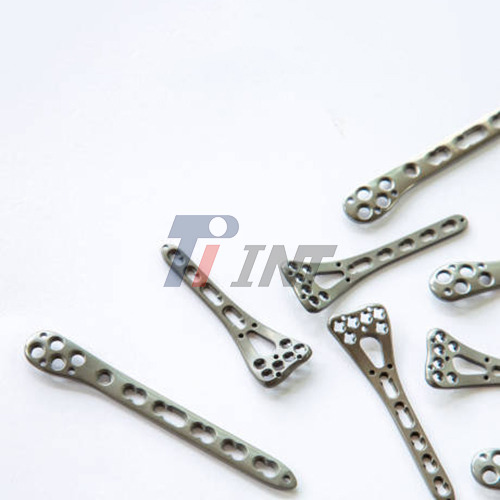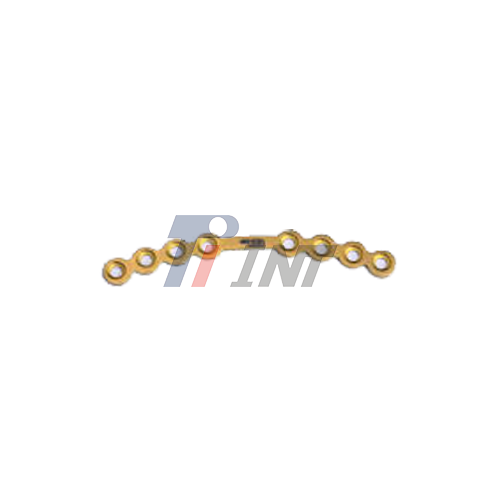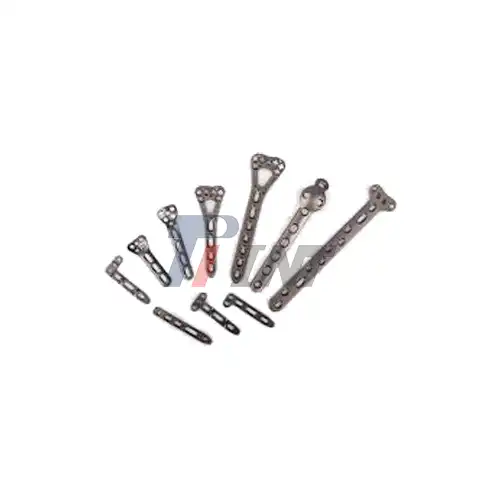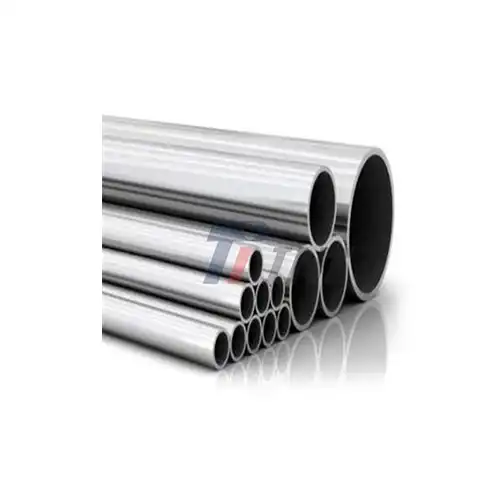Is titanium used in heart surgery?
 2025-04-18 16:58:54
2025-04-18 16:58:54
Heart surgery is a complex and delicate procedure that requires precision, skill, and the right materials. When it comes to materials used in cardiac procedures, titanium has emerged as a game-changer. This article delves into the world of titanium plate heart surgery, exploring its applications, benefits, and impact on modern cardiac care.
The Role of Titanium in Cardiovascular Procedures
Titanium has revolutionized the field of cardiovascular surgery, offering unique properties that make it ideal for various applications. Its biocompatibility, strength-to-weight ratio, and corrosion resistance have made it an indispensable material in heart surgery.
In cardiac procedures, titanium is used in several ways:
- Stents: Titanium-based stents help keep arteries open, improving blood flow to the heart.
- Heart valve replacements: Titanium alloys are used in mechanical heart valves, providing durability and longevity.
- Pacemakers and defibrillators: Titanium casings protect these vital devices from bodily fluids and ensure their longevity.
- Surgical instruments: Many cardiac surgical tools are made from titanium due to its strength and lightweight nature.
Titanium Plate Heart Surgery: A Closer Look
Titanium plate heart surgery is a specialized procedure that utilizes titanium plates to address specific cardiac issues. While not as common as other titanium applications in heart surgery, these plates serve important functions in certain scenarios.
Some key applications of titanium plates in heart surgery include:
- Sternal closure: After open-heart surgery, titanium plates can be used to stabilize the sternum, promoting faster healing and reducing the risk of complications.
- Congenital heart defect repair: In some cases of congenital heart defects, titanium plates may be used to correct structural abnormalities.
- Cardiac tumor removal: When removing tumors from the heart, titanium plates can be used to reconstruct affected areas.
The use of titanium plates in heart surgery offers several advantages:
- Enhanced stability: Titanium plates provide robust support, ensuring proper healing and alignment of cardiac structures.
- Reduced risk of infection: Titanium's biocompatibility minimizes the risk of rejection or infection.
- Improved patient outcomes: The strength and durability of titanium plates can lead to faster recovery times and better long-term results.
Advancements in Titanium Technology for Cardiac Care
The field of titanium plate heart surgery is continuously evolving, with researchers and medical professionals exploring new ways to harness the potential of this remarkable material. Recent advancements have focused on improving the design, manufacturing, and application of titanium plates in cardiac procedures.
Some notable developments include:
- 3D-printed titanium plates: Custom-designed plates can be created to fit each patient's unique anatomy, improving outcomes and reducing surgery time.
- Nano-textured surfaces: Researchers are developing titanium plates with nano-scale surface modifications that enhance cell adhesion and promote faster healing.
- Biodegradable titanium alloys: These innovative materials provide temporary support during healing and then safely dissolve, eliminating the need for removal surgery.
- Antibiotic-infused titanium: Some titanium plates are now being coated with antibiotics to further reduce the risk of post-operative infections.
These advancements are not only improving the efficacy of titanium plate heart surgery but also expanding its potential applications in cardiac care. As technology continues to progress, we can expect to see even more innovative uses for titanium in heart surgery. The success of titanium in cardiac procedures has led to its widespread adoption in other areas of medicine as well. From orthopedics to dentistry, titanium's unique properties make it a versatile material for various medical applications.
In the realm of cardiovascular care, titanium has proven particularly valuable. Its use in heart valve replacements, for instance, has significantly improved the longevity and performance of these critical devices. Titanium-based mechanical heart valves offer superior durability compared to their predecessors, often lasting for decades without need for replacement. Similarly, titanium's role in pacemaker and defibrillator technology cannot be overstated. The lightweight yet strong titanium casings protect these life-saving devices from the corrosive effects of bodily fluids, ensuring their reliable operation over extended periods.
When it comes to titanium plate heart surgery specifically, the material's strength-to-weight ratio is a crucial factor. Titanium plates provide robust support without adding significant weight or bulk to the surgical site. This is particularly important in cardiac procedures, where every gram matters. The corrosion resistance of titanium is another key advantage in cardiac applications. In the dynamic environment of the human body, where exposure to various fluids and chemicals is constant, titanium's ability to resist corrosion ensures the longevity and stability of implanted devices and structures.
One area of particular interest is the development of "smart" titanium implants. These advanced devices could potentially monitor heart function in real-time, providing valuable data to healthcare providers and enabling more personalized treatment approaches. Another promising avenue of research involves combining titanium with other materials to create hybrid implants. For example, titanium scaffolds coated with bioactive substances could promote tissue regeneration, opening up new possibilities for cardiac repair and regeneration.
The use of titanium in minimally invasive cardiac procedures is also gaining traction. As surgical techniques become less invasive, there's a growing need for materials that can provide strength and support in compact forms. Titanium's unique properties make it well-suited for these applications, potentially leading to faster recovery times and reduced surgical risks. In the realm of pediatric cardiac surgery, titanium's versatility is particularly valuable. Children with congenital heart defects often require multiple surgeries as they grow. Titanium implants can be designed to accommodate growth, potentially reducing the number of revision surgeries needed and improving quality of life for these young patients.
The environmental impact of medical materials is an increasingly important consideration, and titanium shines in this area as well. Its durability means that titanium implants and devices have a long lifespan, reducing the need for frequent replacements. Additionally, titanium is fully recyclable, aligning with efforts to create more sustainable healthcare practices.
As our understanding of the heart's complex functions deepens, so too does our ability to develop more sophisticated treatments. Titanium's unique properties make it an ideal material for these advanced interventions. From supporting the intricate structures of the heart to housing cutting-edge electronic devices, titanium continues to play a crucial role in pushing the boundaries of cardiac care.
Conclusion
Titanium plate heart surgery represents a significant advancement in cardiac care, offering new possibilities for treating complex heart conditions. The unique properties of titanium - its strength, lightness, and biocompatibility - make it an ideal material for use in the delicate environment of the heart.
For those interested in learning more about medical titanium products and their applications in heart surgery, Baoji INT Medical Titanium Co., Ltd. offers a wealth of expertise. With over 30 years of experience in the research, development, and production of titanium materials, INT provides high-quality medical titanium products that meet international standards. For more information, contact them at export@tiint.com.
References
1. Hoseini, S. A., Sadat, S. M. A., & Vahidi, B. (2020). Titanium in biomedical applications—properties and fabrication: A review. Journal of Applied Biotechnology Reports, 7(3), 133-143.
2. Ratner, B. D., Hoffman, A. S., Schoen, F. J., & Lemons, J. E. (2020). Biomaterials science: an introduction to materials in medicine. Academic press.
3. Niinomi, M. (2019). Metals for biomedical devices. Woodhead Publishing.
4. Chen, Q., & Thouas, G. A. (2015). Metallic implant biomaterials. Materials Science and Engineering: R: Reports, 87, 1-57.
5. Banerjee, S., Kapadia, B. H., Racine, J., & Mont, M. A. (2020). Titanium in Orthopedic and Dental Applications. In Titanium in Medical and Dental Applications (pp. 185-211). Woodhead Publishing.


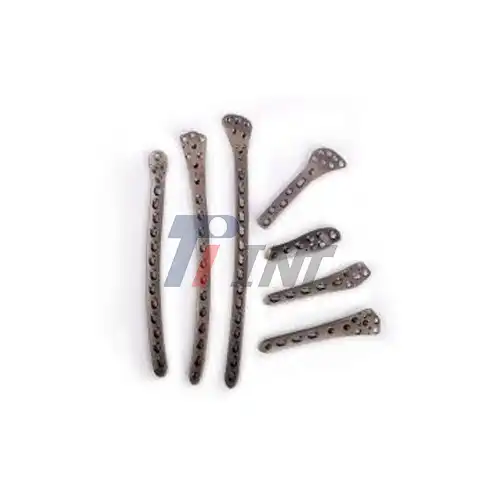
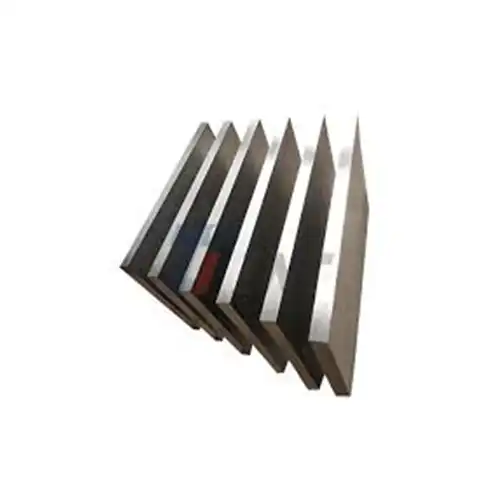






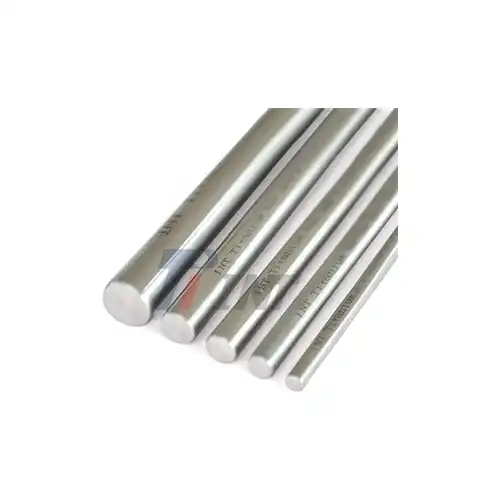
_1752462620877.webp)
_1750210463958.webp)
